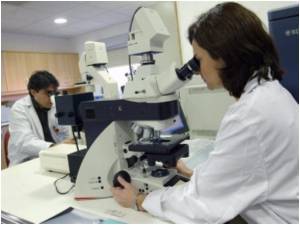Local anaesthetics, concludes a new study, could have therapeutic effects on inflammatory bowel disease (IBD).

Local anaesthetics are used to locally desensitise the tissues to allow surgical interventions. However, their mechanism of action is based on their potential to inhibit neuronal activity in the area. Since it is proposed that IBD may be a result of imbalance in the autonomic neurons of the colon, local anaesthetics have the potential to reduce the inflammation at the site of the colon that are affected by IBD.
In a recent experimental study, investigators from Uludag University School of Medicine, Bursa, Turkey investigated the possible therapeutic effects of local anaesthetics on IBD. They topically applied levobupivacaine, which is a novel, long lasting local anaesthetic with less systemic side effects onto the colonic mucosa of the rats that had had experimentally induced IBD.
The researchers used some scoring systems that evaluated the inflammation at the site of drug application. They compared the local anaesthetics to saline solution. They found some improvement in the degree of macroscopic inflammation at the areas where local anaesthetics were applied; however, those findings were not supported by microscopic findings. Nevertheless, the research team concluded that local anaesthetics might have potential therapeutic effects on IBD.
The study appears in the World Journal of Gastroenterology. (ANI)
Source-ANI














